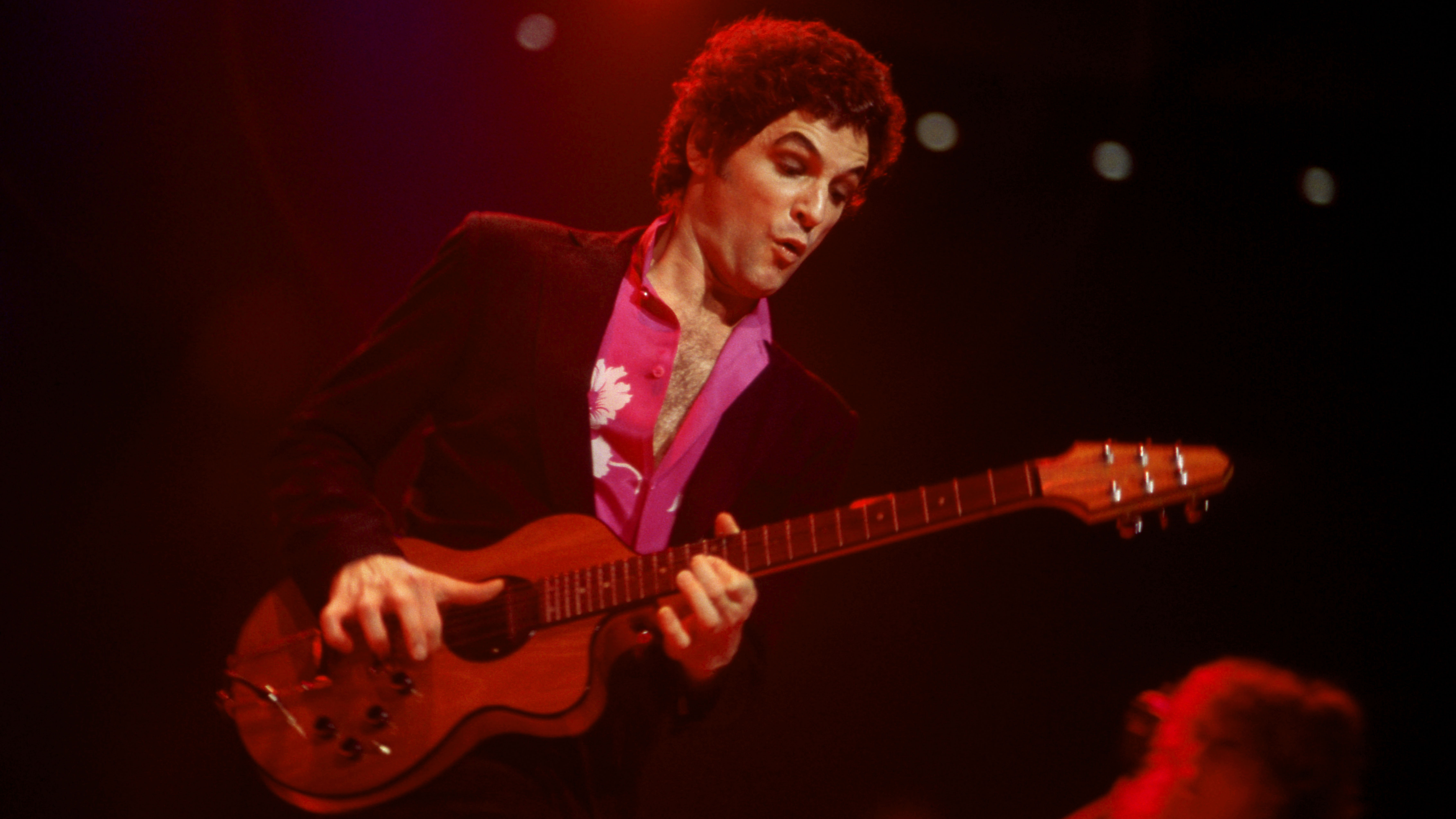
Former Fleetwood Mac guitarist, vocalist and songwriter Lindsey Buckingham recalls how he steered the band in a bold new direction with the 1979 double album Tusk.

In a new interview with The Independent, Buckingham says: “If you’re leading the troops down the road you’ve got to be focused. You’ve got to be passionate.”
As the follow-up to Rumours - which sold an astonishing 16 million copies within a year of its release in 1977 - Tusk had a lot riding on it. But as Buckingham remembers it, all of his bandmates bought into his vision for expanding their sound, incorporating new wave influences and experimental recording techniques.
“We had each other, and we were still calling the shots,” he says. “But it was still a fairly radical leap to take. I was lucky that I had bandmates who were open to me taking such a leap at that time… There was a sense of release in doing something so different and I think it was catching.”
Buckingham had initially begun planning a solo album, recording at the 24-track studio in his house - sessions he now describes as “The Les Paul approach, where you play everything yourself and you’re bouncing tracks around.” Among the demos he recorded there were left-field songs featuring rhythms beaten out on tissue boxes.
Once the whole band had convened at Studio D at LA’s Village Recorder studios, all budgetary constraints went out the window. The recording of Tusk spanned 10 months at a cost of $1.4m. And throughout the process, Buckingham continued to experiment.
Ken Caillat, who co-produced the album with the and and Richard Dashut, described Buckingham as “a maniac … into sound destruction”.
Buckingham always knew that Tusk would be a hard pill to swallow for a record company expecting Rumours Part 2. “Warner Brothers’ people had not come down and heard a lot of what we were doing,” he says. “I always have this fantasy about us delivering a finished album and them putting it on in their Tuesday afternoon boardroom meeting and listening to the whole thing and going, ‘What the f*** was that?’”
In its first year, Tusk sold four million copies. By normal standards a huge success, but not for the band that had made Rumours.
Over time, however, Tusk has been recognised as a creative highpoint for Fleetwood Mac. And for Lindsey Buckingham, a validation of his instincts.
“It did take a number of years for [Tusk] to reveal itself,” he says. “People, younger artists especially, began to appreciate it, not just for the creativity but for the reason it was done. They could see that there was a method to the philosophy of it.”







